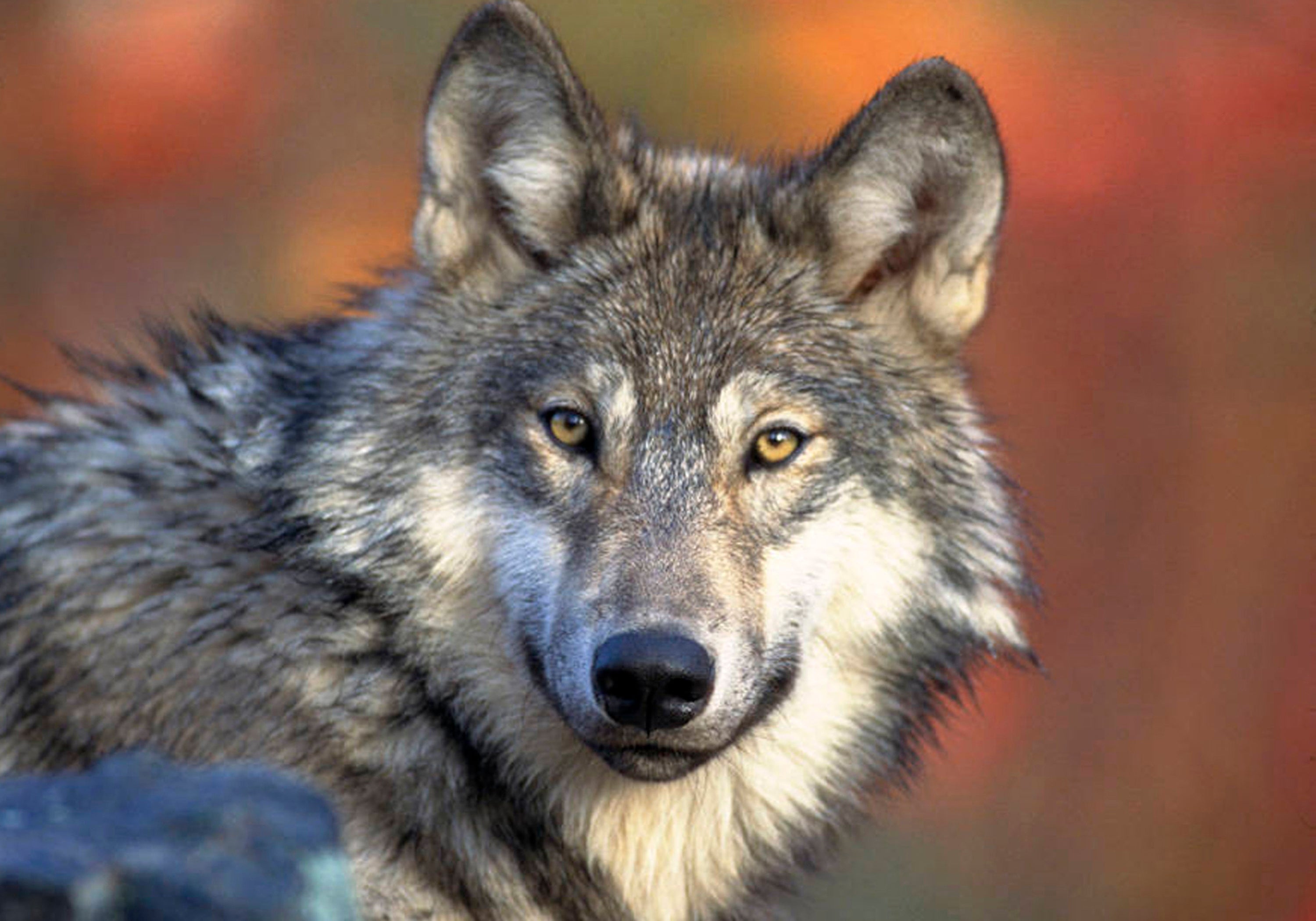Wisconsin judge dismisses lawsuit challenging state's new wolf management plan
A judge has dismissed a lawsuit filed by animal welfare advocates seeking to invalidate Wisconsin’s new wolf management plan

Your support helps us to tell the story
From reproductive rights to climate change to Big Tech, The Independent is on the ground when the story is developing. Whether it's investigating the financials of Elon Musk's pro-Trump PAC or producing our latest documentary, 'The A Word', which shines a light on the American women fighting for reproductive rights, we know how important it is to parse out the facts from the messaging.
At such a critical moment in US history, we need reporters on the ground. Your donation allows us to keep sending journalists to speak to both sides of the story.
The Independent is trusted by Americans across the entire political spectrum. And unlike many other quality news outlets, we choose not to lock Americans out of our reporting and analysis with paywalls. We believe quality journalism should be available to everyone, paid for by those who can afford it.
Your support makes all the difference.A lawsuit filed by animal welfare advocates seeking to invalidate Wisconsin’s new wolf management plan was dismissed by a judge on Monday.
Dane County Circuit Judge Stephen Ehlke threw out the case that accused Wisconsin wildlife officials of violating the state’s open meetings law and disregarding comments from wolf researchers and supporters, reflecting how contentious the debate over wolf management has become in the state.
Ehlke ruled from the bench, granting a motion to dismiss filed by the Wisconsin Department of Natural Resources and its board. The lawsuit was filed by the Great Lakes Wildlife Alliance, also known as Friends of the Wisconsin Wolf & Wildlife.
The lawsuit alleged that Department of Natural Resources policy board members collected comments on the wolf management plan from interest groups it favored even after the public comment period ended.
The lawsuit focused on three private discussions attended by members of the board hosted by the Wisconsin Wildlife Federation, the Wisconsin Association of Sporting Dogs, and Wisconsin Wolf Facts.
The lawsuit alleged that even though a quorum of board members didn’t attend any of the meetings, enough of them participated to influence changes to the plan in violation of the state open meetings law.
The judge said the open meetings law did not apply to the meetings in question because there was not a sufficient number of board members present to constitute a meeting.
Ehlke also rejected allegations of due process and administrative procedure violations. The judge also rejected arguments that comments by Great Lakes Wildlife Alliance were ignored during formation of the wolf plan.
The group didn't cite any case to back up their discrimination claims, Ehlke said. Allowing them to allege that they were discriminated against would mean that anyone could make that argument when a governmental body does something they don't like, the judge said.
“This makes no sense to me and would cause governmental operations to grind to a halt," the judge said.
Susann Bradford, attorney for the Great Lakes Wildlife Alliance, asked the judge to reconsider the ruling. The judge denied that request. Bradford said after the hearing that the group was reviewing whether to file an appeal.
Farmers in northern Wisconsin have complained for years that the wolf population is multiplying too quickly and preying on their livestock. Hunters say wolves are devastating the deer population across the northern reaches of the state. Conservationists argue that wolves have yet to firmly establish themselves in Wisconsin and need protection.
The DNR's board adopted the wolf management plan in October. It recommends maintaining the statewide population at about 1,000 wolves but doesn’t set a hard limit. The plan instead recommends allowing the population to grow or decline at certain numerical thresholds.
State wildlife officials have said a lack of a hard limit gives the DNR more flexibility to manage the species, allows local wolf packs to fluctuate and gives the population a better chance at maintaining wolf abundance for years to come.
Hunting advocates support setting a population limit, saying the lack of a goal leaves both wolves and people unprotected. Conservation groups opposed a provision related to how the DNR would respond to certain population ranges in different parts of the state.
Last year, a federal judge placed gray wolves in the lower 48 states back on the endangered species list, making hunting illegal and limiting farmers to nonlethal control methods, such as fencing in livestock or using guard dogs. The DNR updated its wolf management plan in case wolves are removed from the list and hunting can resume.
The U.S. House passed a bill last week to take wolves off the endangered species list, but it is likely doomed under opposition from the Biden administration. Republicans in the Wisconsin Legislature passed a bill to require setting a specific population goal, but Democratic Gov. Tony Evers vetoed it.